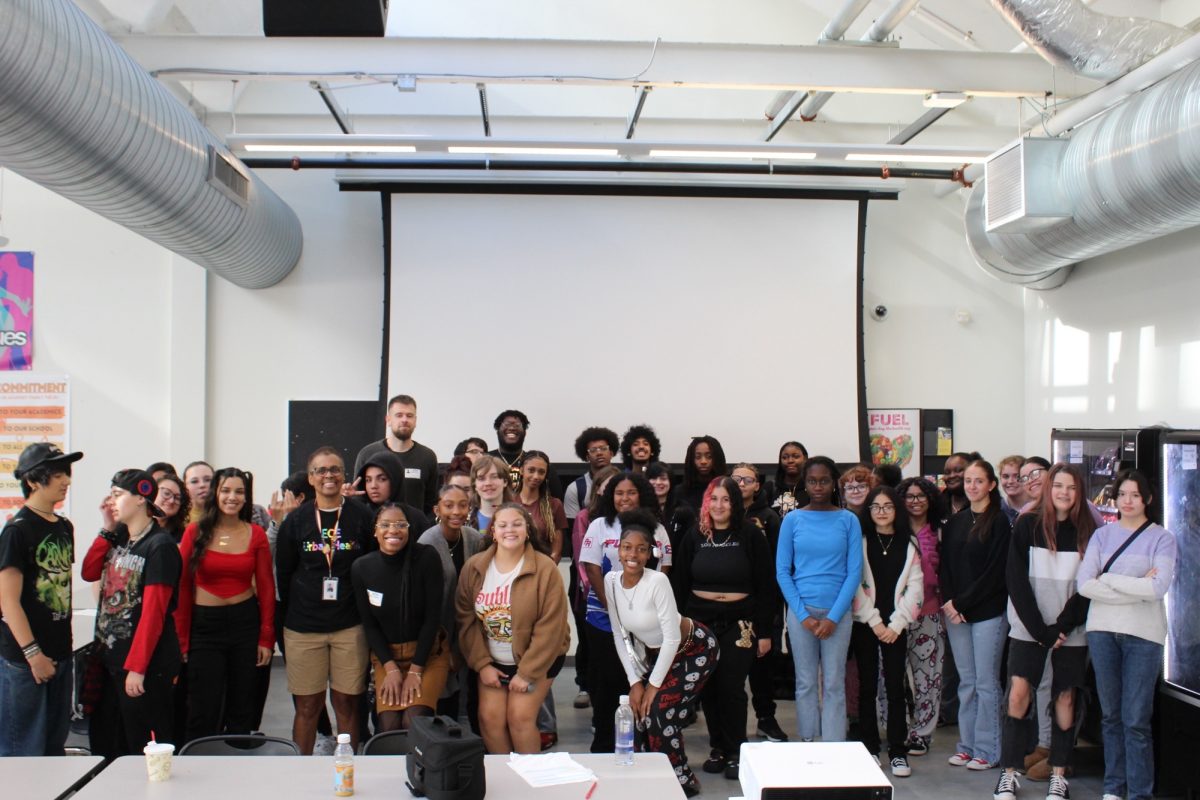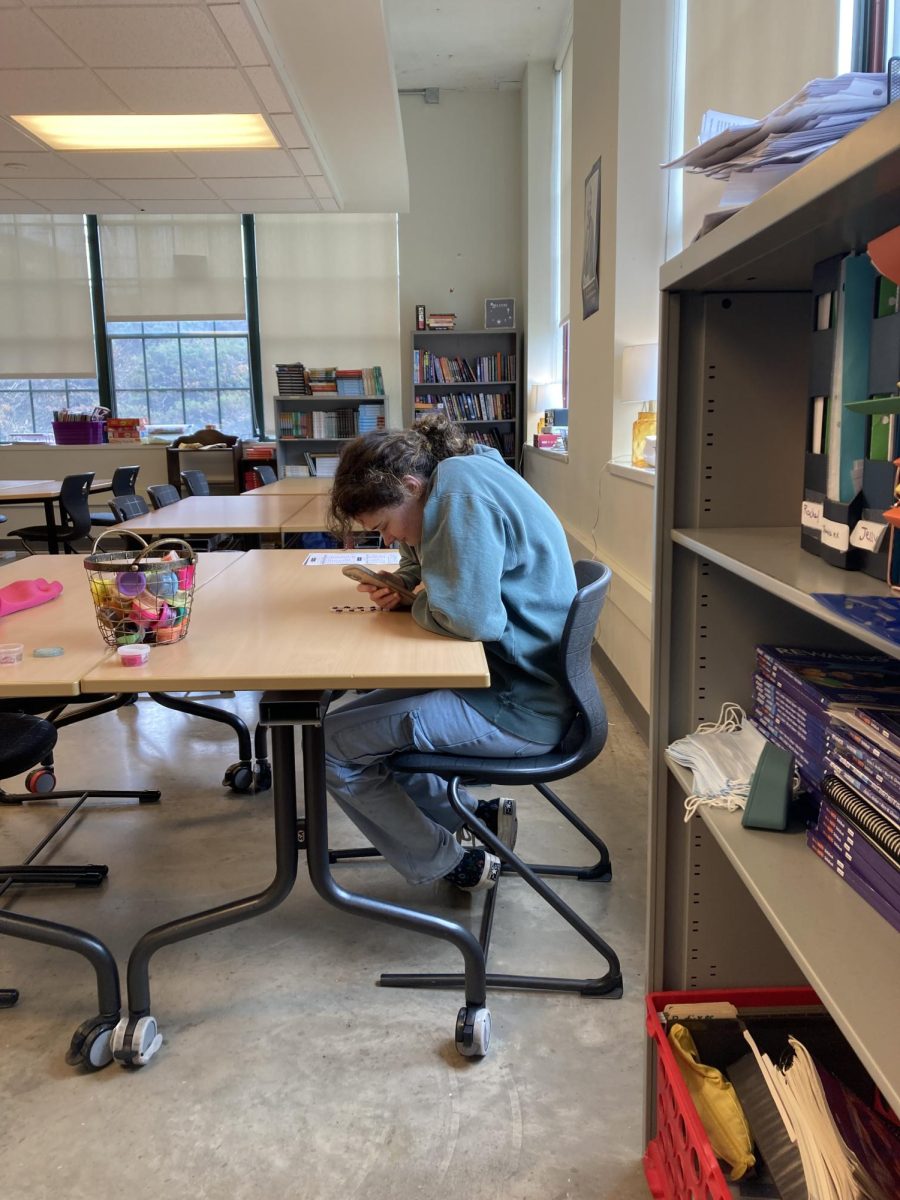Our phones provide us a constant point of stimulation. For adults, this addiction is prevalent, but they know how to live without their phones. Unfortunately, for their children, life with a phone is the only thing they know.
As Generation Alpha makes their way into highschool, I can’t help but find myself in a front row seat. I had the pleasure of being in a mostly freshmen class, and in this class I noticed a trend of dispassion. They seem bored and disinterested, unable to take information and interpret it. They are much better critics than creators. This seems due to the fact that they have lived in a space where they don’t have to create. A space where serotonin is spoon fed to them. But these are children, and they are not the cause of this issue. The adults who raised them are. Ms. Kylie, an art high school art teacher at GHAA, reflected on her experience being a kindergarten teacher with Gen Alpha. “They give the kids ipads when they come to my art room.” She continues, “They’d throw tantrums without them. They just watch art videos like it’s the real thing.” Art is an experience that all cultures across the world take part in. Introducing art and creative activity is crucial for a child’s development. These children have had that ripped away from them. They don’t know creativity; they only know how to watch it. They need to watch it. Children get a dopamine rush when they use screens. It builds a positive reinforcement that is borderline addiction. Children as old as five, show signs of addiction. Their tantrums are symptoms of withdrawal.
New parents, who didn’t grow up with social media but were’re exposed to it afterwards, often don’t understand the damage they’re doing to their children. They see this tablet as a tool to keep them entertained and quiet. The negative effects of giving a child access to technology this early far outweigh the positive. The Library of National Medicine, known as the NIH, has stated, “Early screen exposure has been associated with lower cognitive abilities and academic performance in later years. Language development is also affected by screen time, as it diminishes the quantity and quality of interactions between children and caregivers.” Not only does this act slow down the cognitive development of children but it creates distance between parent and child. The child does not have the necessary skills for social interaction.
Now is it a stretch to call phones an addiction? Well, the CDC Published an Infographic that states, “…kids ages 8-18 now spend, on average, a whopping 7.5 hours in front of a screen for entertainment each day.” The effects for these addictions can only ever be negative. According to Naline Lai, a Pediatrician at Children’s Hospital of Philadelphia (CHOP), “The main principle is that screens should not replace parental and human interaction with a child.” She adds, “Children need personal interactions with their caregivers to develop cognitive, language, motor, social and emotional skills,” Children can not get these abilities if they’re being raised by an Ipad. Personal experience is an important way human’s learn. Generation Alpha is experiencing life vicariously through technology.
The ease of giving a crying toddler a screen has detrimental effects in their later life. Using screens as a soother shows a lack of parenting; it is a short term solution. Parents need to engage with their child and stop letting screens do the work for them. This calls for parents to take a more active role in raising their children. This should not be seen as an attack, raising children requires significant sacrifice on the parent’s part, which I am sympathetic to. However, this is a critique and I hope it will reach the ears of people who want the best for their children. There are ways to incorporate learning and technology but right now we are not doing this well. Parenting in the modern world must be incredibly hard to navigate, but given these facts, parents need to stop letting screens raise their children.






























